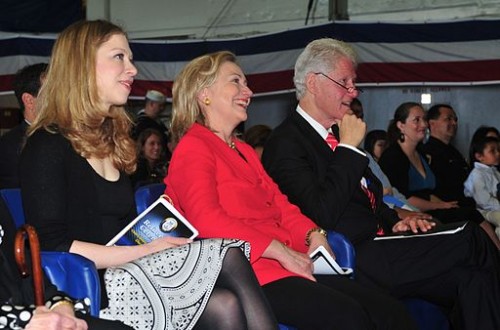Stanley Katz argues that the common law manner in which philanthropy operates has outgrown its functionality; we are in need of a national definition of philanthropy.
"In the beginning came a new idea, philanthropy. The word “philanthropy” had been used in many different ways earlier in English and American history, but here I want to use the term in the way that Andrew Carnegie and John D. Rockefeller, Sr. used it in their own writing and acts at the very beginning of the twentieth century. Rockefeller and Carnegie distinguished sharply between “charity” and “philanthropy” (about which Ben Soskis has been writing so persuasively). They thought of charity as the giving of alms, as the mechanism for the redress of individual situations of distress begotten of illness, poverty or ignorance. Both Carnegie and Rockefeller practiced charity throughout their working lives. Each had long employed a room full of clerks who answered letters and sent checks to people who beseeched them for handouts. They were thus conventionally charitable. But both Carnegie and Rockefeller came later in their lives to realize that there was something more important than charity, and they generally called this notion “philanthropy.”
"Philanthropy, conceived of in this very modern way, was the search for the underlying causes of the immediate problems that charity was trying to address. Philanthropy sought to eradicate illness, poverty, and social distress. Philanthropy sought to go to the root causes of these fundamental problems of society in order to enable us to completely eliminate them. Philanthropy sought national or international public policy change as its ultimate modus operandi. The philanthropist, so conceived, would invest his funds in a very different sort of way than the almsgiver." Stanley Katz, HistPhil





